Our
History
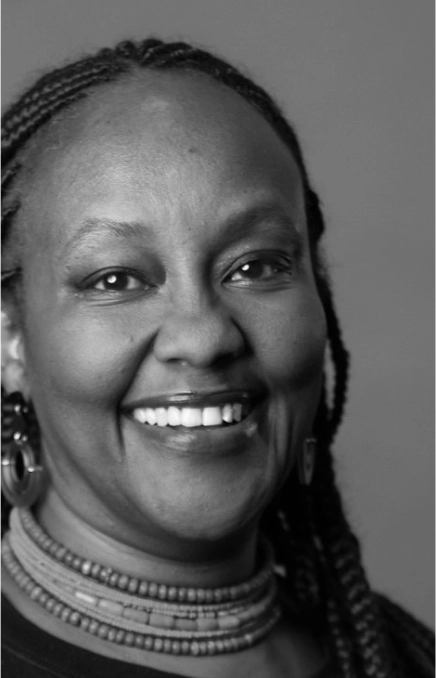
20
00
In the early 2000s, a Kenyan based filmmaker and at the time founder of production company “Seven Productions”, Judy Kibinge, noticed a clear gap in the film industry and embarked on a journey to bridge it. This was the lack of financing and upskilling support for independent filmmakers like herself. In 2010, Ford Foundation’s “Just Films” initiative was launched with a large grant to Sundance in the USA. Joyce Nyairo, a Program Officer at Ford Foundation East Africa reached out with a proposition: what would it take to start a documentary film fund in Kenya? Judy took on the challenge and set out on two year long research and development journey to find out how viable the idea of a documentary film fund in East Africa would be. In groundbreaking research, over forty emerging and established filmmakers from across the country were interviewed and several key issues identified: film financing, access to award winning documentary films, and skill-building training through labs and workshops. In addition, the research detected a lack of trust between filmmakers and established that a sense of community was deeply essential to build a functional industry.
In 2010, Ford Foundation’s “Just Films” initiative was launched. Joyce Nyairo, a Program Officer at Ford reached out to her and in partnership with Judy’s “Seven Productions” set out on a year long research journey to find out how viable the idea of a documentary film fund in East Africa would be. Over forty emerging and established filmmakers from across the country were interviewed and several key issues identified: film financing, access to award winning documentary films, and skill-building training through labs and workshops. In addition, the research detected a lack of trust between filmmakers and established that a sense of community was deeply essential to build a functional industry.
20
10
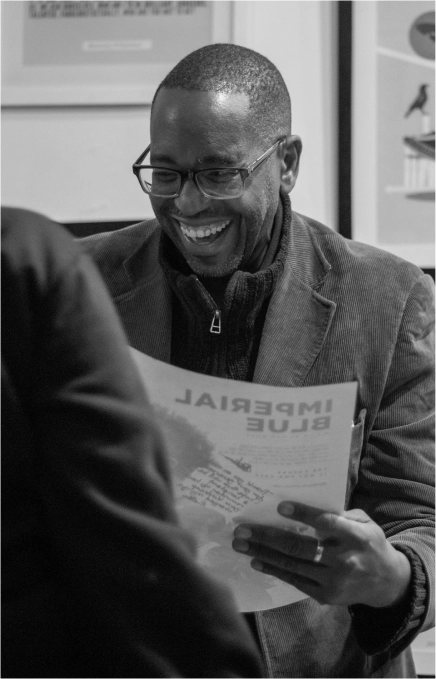
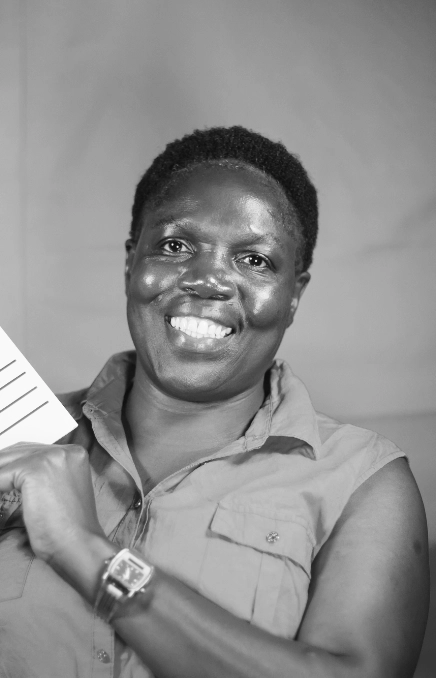
20
12
Because nothing of the kind existed on the continent, the founders thought it important to surround themselves with a knowledgeable, internationally accomplished Advisory Board and invited Caroline Mbindyu, John Akomfrah, Anjali Nayar, Hans Bosscher and David Maingi to join. Just three advisors were present at the first two-day Advisory Board meeting in Nairobi on April 5th 2013, – John, Anjali and Hans. Their vast international film experience immensely impacted and strengthened the strategy document that Judy and Josh had worked so long on. From this meeting, Docubox’s first seven point strategy was approved and the first Docubox Film Manifesto refined and launched.
The birth of the East African Film Fund, better known as “Docubox” was underway. By April of 2012, Docubox’s vision and strategy was formulated by Judy and Josh Mwamunga who determined an appropriate legal structure, registering it as a Company Limited by Guarantee and embarking on branding for the new organization. Shalom House was chosen as the most suitable space for Docubox due to its convenience and versatility as a physical home for the organization. By this time, Jackie Imail had transitioned from her role as the Seven Productions’ office manager to the Office and Administrative Manager. Often first in and last out, Jackie managed the books, and kept the newly launched space in tip top shape, quickly earning herself the title of Mama Docubox! The team still had a gaping hole – no film fund could function effectively without an astute Program Manager. Peter Mudamba joined the Docubox team as the funds inaugural Program Director bringing his unique accounting, film and theater expertise to further strengthen the team. Under his able leadership, the first documentary film lab was held at Shalom House in 2013.
20
13

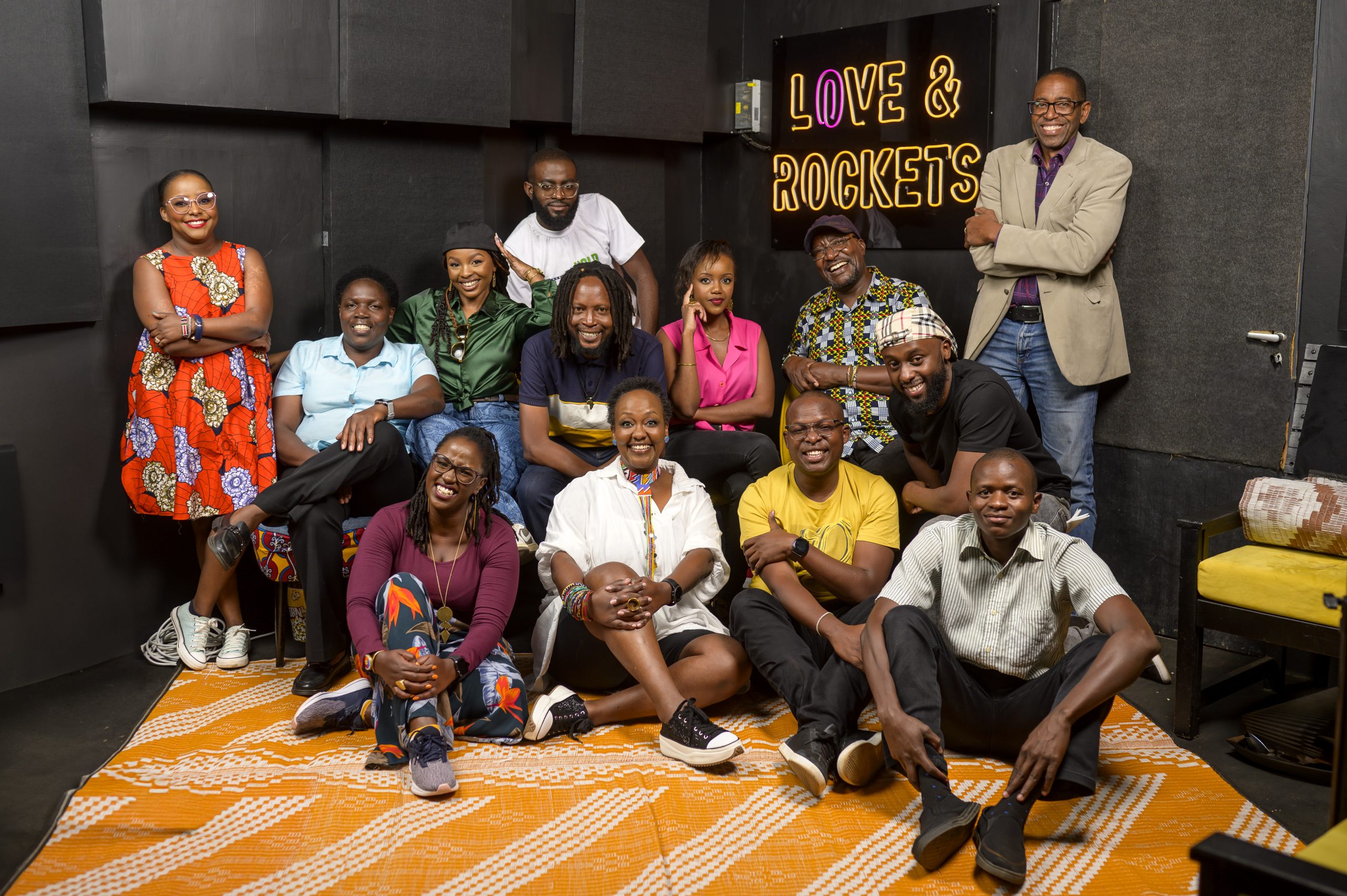
Since its inception to this day, Docubox has been able to fund over 100 films which include feature documentaries, short-form documentaries, and short fiction films.
Over 1.2 million dollars has been given in grants, over 70 workshops and masterclasses also held while over 200 film screenings have been organized, collectively attracting over 55,000 attendees in person and 160,000 attendees online.
Docubox now stands as a decade old testament to the resilience of African documentary filmmakers, while painting a clear picture of what role these character driven films play in African storytelling and the film industry as a whole.
20
24
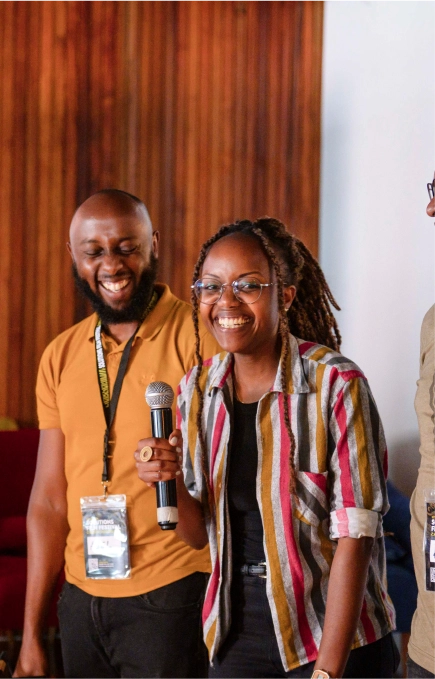
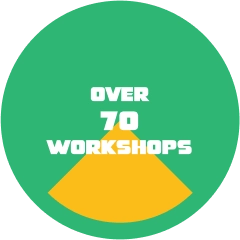
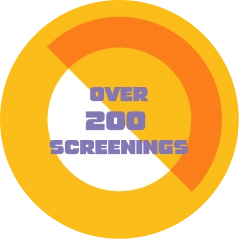

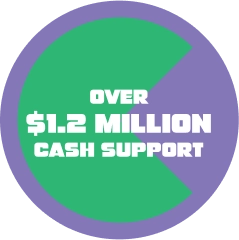
If you would like to be a part of our spirited fundraising efforts, click the button below to find out more and make a pledge.
